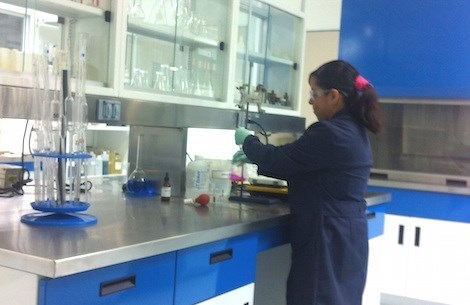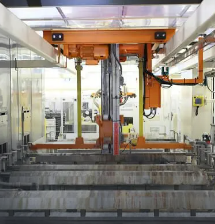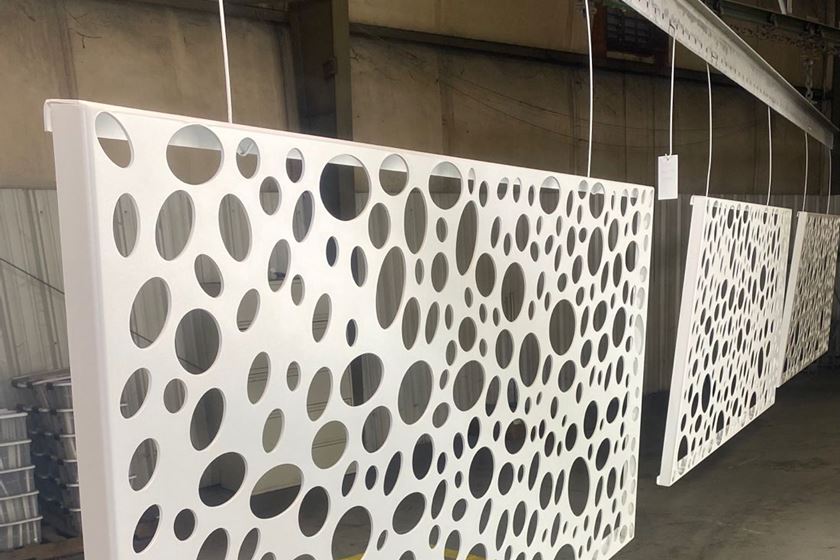MacDermid Opens New Facility In Mexico
The 21,000 sq ft facility includes a state-of-the-art laboratory capable of performing tests such as atomic absorption, HPLC and other.
#masking #pollutioncontrol

MacDermid has opened a location in Tlalnepantla de Baz in Mexico State. The 21,000-square-foot facility includes a laboratory capable of performing tests such as atomic absorption, HPLC and more. Lab personnel have been fully trained in all areas of analytical testing to meet customer requirements.
Featured Content
MacDermid is a producer of high technology specialty chemical products and provider of technical services. Their specialty chemicals are a key component of the manufacturing supply chain for the aerospace, medical device, printed circuits and transportation industries (automotive, motorcycle, heavy truck and agricultural).
For information, please visit macdermid.com
RELATED CONTENT
-
Gold and Silver Plating Basics
An overview of precious metal electroplating processes.
-
Sizing Heating and Cooling Coils
Why is it important for you to know this?
-
A Chromium Plating Overview
An overview of decorative and hard chromium electroplating processes.


















